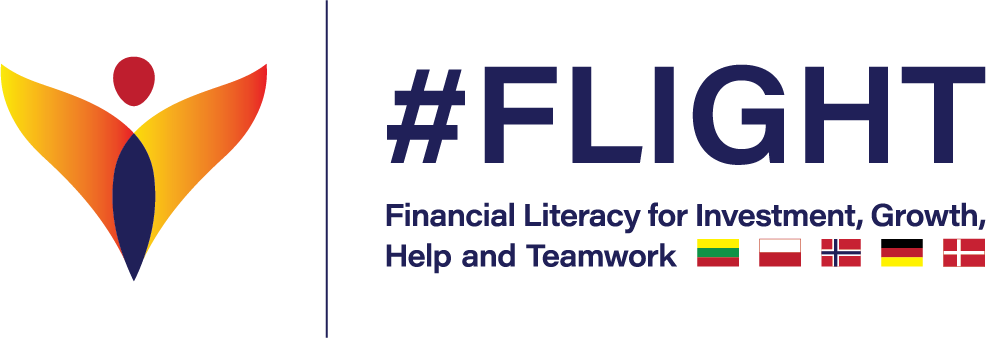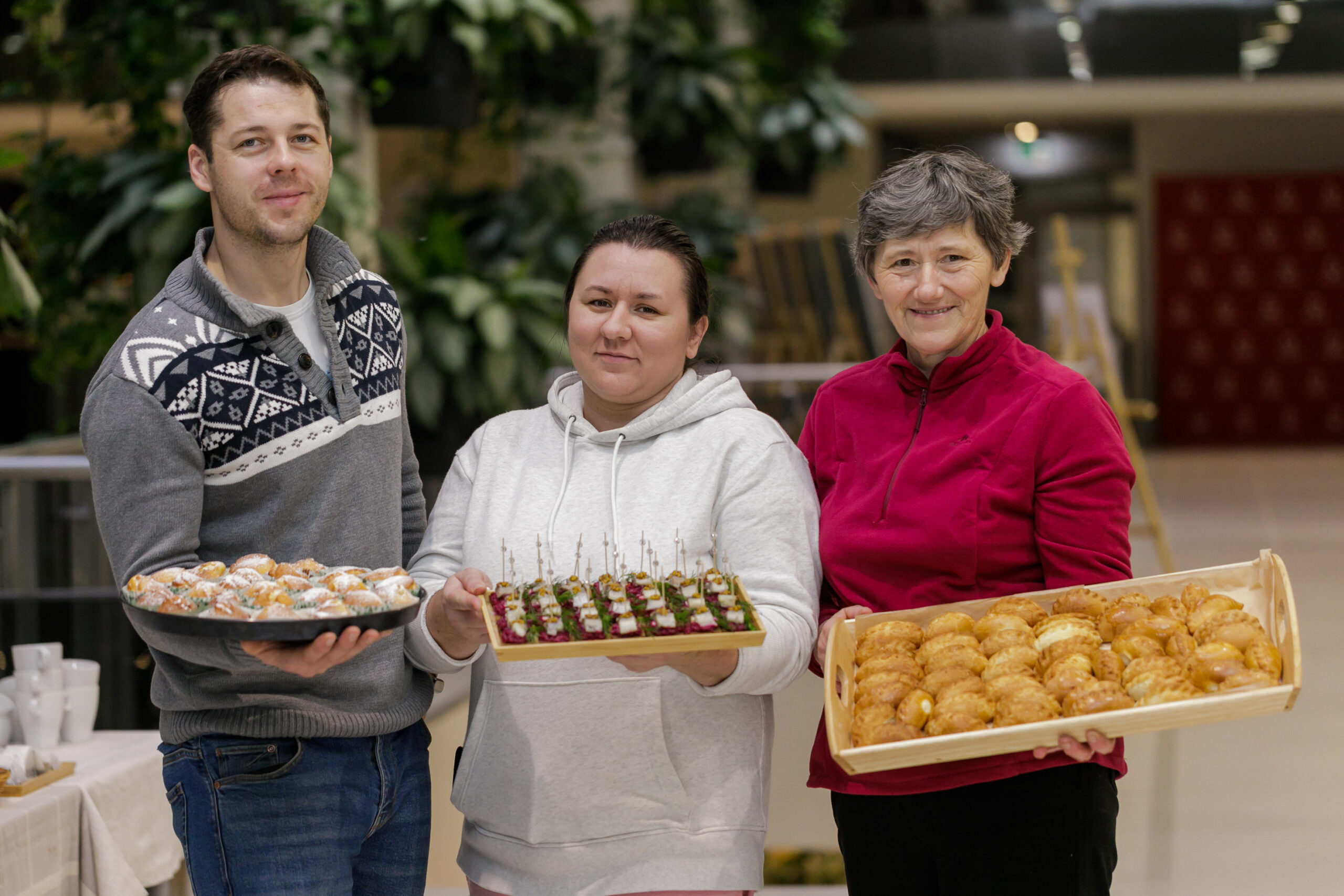For many Ukrainian war refugees, food production has become their first personal business abroad.
According to a survey conducted in September 2023 by the U&We Hub Development Centre Program in cooperation with Ukreate Hub and the Open Society Foundations, the majority of Ukrainian women currently living in Lithuania would like to stay here. Half of them intend to start a business in the near future.
Starting a business is already often a scary prospect. And starting a business in a foreign country brings other challenges too: a reduced circle of acquaintances and friends, lack of family support, a new language and culture, a different legal framework. Ukrainian women point out that the main obstacles to starting a business are lack of knowledge and financial resources.
This was the aim of the Help Club, which has been gathering Ukrainian women for almost two years as part of the ERASMUS+ project run by the NGO Versli mama to facilitate the integration of women from Eastern Europe coming to the European Economic Area. In addition to Lithuania, four other countries took part in this project: Poland, Germany, Denmark and Norway.
In each project country, Ukrainian war refugees and other women scattered by the political turmoil on the eastern edge of Europe formed informal Help Clubs. In total, these clubs brought together around 100 women in five countries. The vast majority of them are Ukrainian, but there are also Russian, Belarusian and Polish women. Here, they improved their digital and financial literacy skills, learned to understand the host country’s tax system and business environment, the local language, and the culture of those countries. All this to feel like full members of their host communities.
In Lithuania, Ukrainian female refugees gather for the Help Club meeting in the Širvintos branch of the Employment Service once per month.
Here, they learn about the Lithuanian legal environment, taxes, and business opportunities, improve their digital literacy and Lithuanian language skills, and most importantly, enjoy a female community marked by painful experiences and hopes for a brighter future.
According to Vilma Dainiene, mentor and a local Help club, starting the Help Club was marked with a number of challenges. The first and one of the biggest was that mentors had no experience of working with women war refugees who are experiencing long-term stress, culture shock and integration challenges.
In addition, the uncertain geopolitical situation made it quite difficult to keep participants motivated. As Diana Medrea-Mogensen, a leader of Danish Help club recalls, some women got a job and didn’t come to the meetings anymore. Another ones didn’t turn up because they went back to Ukraine. And the third aspect is the working language. In order to convey the knowledge in a good way, mentors had to find how to present the information in a language that everyone could understand. In Lithuania, the working language was Russian, the rest of the partnership used English, Polish or German.
The European Commission’s support for the production of this post and video does not constitute an endorsement of the contents, which reflect the views only of the authors, and the Commission cannot be held responsible for any use which may be made of the information contained therein.


